Last Updated on June 29, 2022 by Rebecca Huff
Eight Ways to Make Your Coffee Habit More Eco-Friendly and Help the Environment
What are you thinking about when you’re drinking your morning cup of coffee?
Not the millions of workers that are being exploited to bring that coffee to your table. Nor the massive amount of water needed to harvest, process, and brew the coffee. That’s alright, no one can blame you for simply wanting to enjoy this beloved beverage.
Don’t worry, no one is saying you have to renounce drinking coffee altogether or take each sip with an extra dose of guilt. There are ways to make your coffee habit more eco-friendly without making any noticeable sacrifices. Here are some of them.
Buy locally
Imagine just how much fuel it takes to get your coffee grounds from Brazil or Egypt to wherever you are. When buying coffee, look for countries that are closer to you.
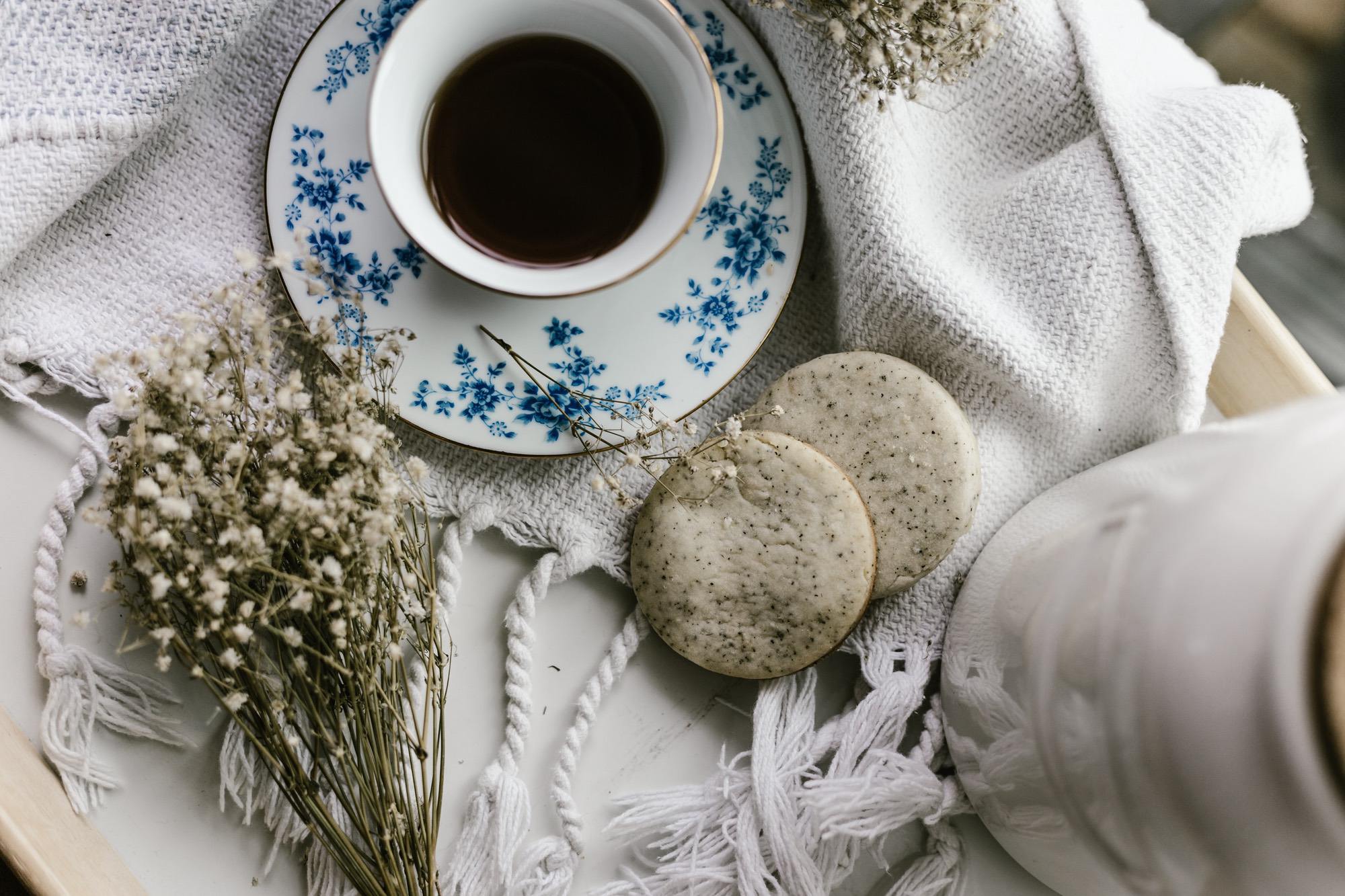
Also, by purchasing from local producers, you’re helping boost the local economy, which is an essential factor in encouraging sustainability. Instead of giving your cash to multinational corporations (which often have questionable business practices), invest in your community by choosing to buy from local roasters.
Choose organic
Organic coffee is grown without synthetic pesticides, fertilizers, and other harmful chemicals. This, naturally, means that the beverage you’re drinking will be healthier for you. Furthermore, it means that the soil where the coffee plants are grown will be cultivated sustainably and uninfected by toxins.
But how can you know a certain coffee brand is organic? Beware of greenwashing and look for products that carry labels such as the “USDA Certified Organic” badge. This guarantees that the brand has gone through a detailed certification process to ensure the given product is grown and cultivated without harmful ingredients.
Go for fair trade
Since you’re already going organic, it makes sense to choose fair trade products as well. Many multinational coffee corporations are making their coffee plantations by cutting down rainforests. Not only that, but they’re also creating appallingly exploitative labor conditions for the plantation workers.
Fair trade coffee means that the workers are getting fair living wages and that the environment isn’t endangered by the coffee planting and harvesting. Just like with organic products, there are certification badges which will tell you which products are grown responsibly. Some of the badges to look for are “Bird Friendly”, “Rainforest Alliance”, and “Fair Trade”.
Brew your own coffee
It's always convenient to get your coffee from a shop, especially when you’re on your way to work. However, making coffee at home is not painfully inconvenient, and it goes a long way. It is particularly nice knowing that by making coffee at home, you’re saving money as well as protecting the environment because you’re not using paper cups, plastic lids, napkins, and so on.
Choose reusable and compostable
You’ll have to use some sort of filters to brew your coffee in a coffee machine at home.
Where do all those filters go? In the trash can and then onto a landfill. To avoid contributing to the massive amounts of garbage we’re polluting the Earth with, look for reusable filters and wash them after use.
Also, did you know that the convenient and beloved K-cups are an environmental threat? Only 5% of the cup is made up of recyclable material. There are alternatives, though. You can opt for compostable pods for coffee machines, which significantly reduce the negative environmental impact.
Don’t throw the coffee grounds
Do you throw away the used coffee grounds after you’re done brewing? Well, that’s a big mistake because they can be pretty useful. You can add them to your beauty routine as a natural exfoliant, and if you have a garden or potted plants, the used coffee grounds make an excellent fertilizer.
If you already have a compost heap, you’re probably combining banana peels and eggshells, but you can throw coffee grounds into the mix. Also, you can simply throw the coffee grounds directly into the soil, because the nitrogen in the coffee is a pretty powerful fertilizer as it is.
Buy a French press
Using a French press is certainly a more eco-friendly way to prepare coffee because you don’t have to use filters and pods. It also produces a more flavorful and aromatic beverage than the conventional drip coffee machines.
Get a reusable cup
How many coffees-to-go do you take a day? One? Two? You must have thrown away more than 400 plastic cups in the last year. In most coffee shops, these cups are only partially degradable or not degradable at all. This problem is easily solved by buying a reusable cup and carrying it with you. In some coffee shops, you’ll even get a discount for this.
The same goes for your workplace – if you have a coffee machine and use plastic cups for drinking, you can leave your cup at the office. At the same time, this will be an interesting way to personalize your workspace.
Enjoying your morning cup of coffee now? You see, you could enjoy this beloved ritual with a smaller footprint on the environment and without helping the exploitation of poorly paid plantation workers. In fact, you will enjoy it even more when you know that these small and seemingly irrelevant changes you’re making will contribute to preserving our planet.
Caitlin is a bookworm and a medical student. She is especially interested in health, nutrition, and wellness related topics. When she is not trying to find the meaning of life and Universe, Caitlin is researching and writing for various awesome blogs since she loves sharing her knowledge. She is happily addicted to art in all its forms, grilled tofu, and hiking. To see what Caitlin is up to next, feel free to check out her Twitter dashboard.


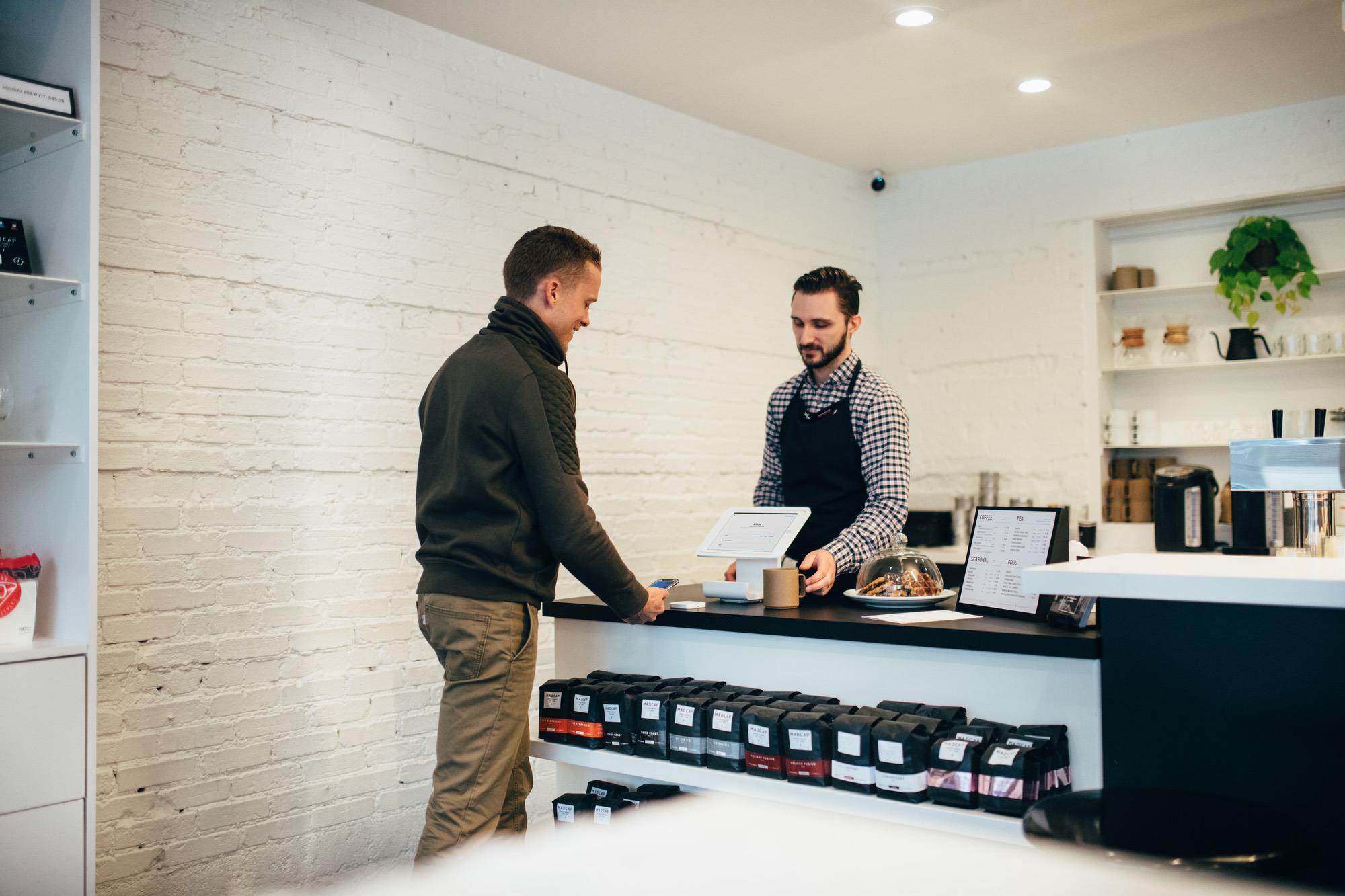
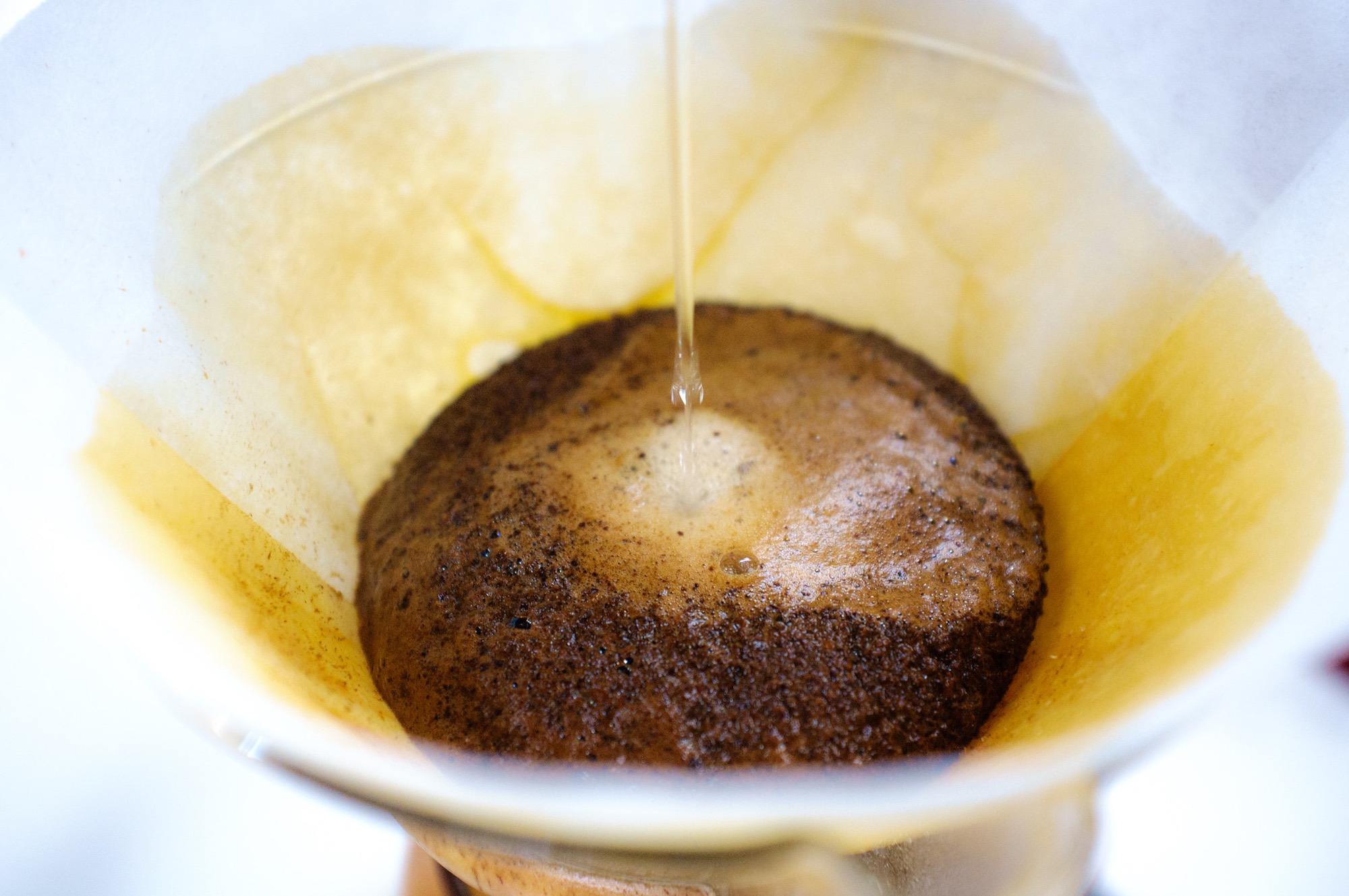
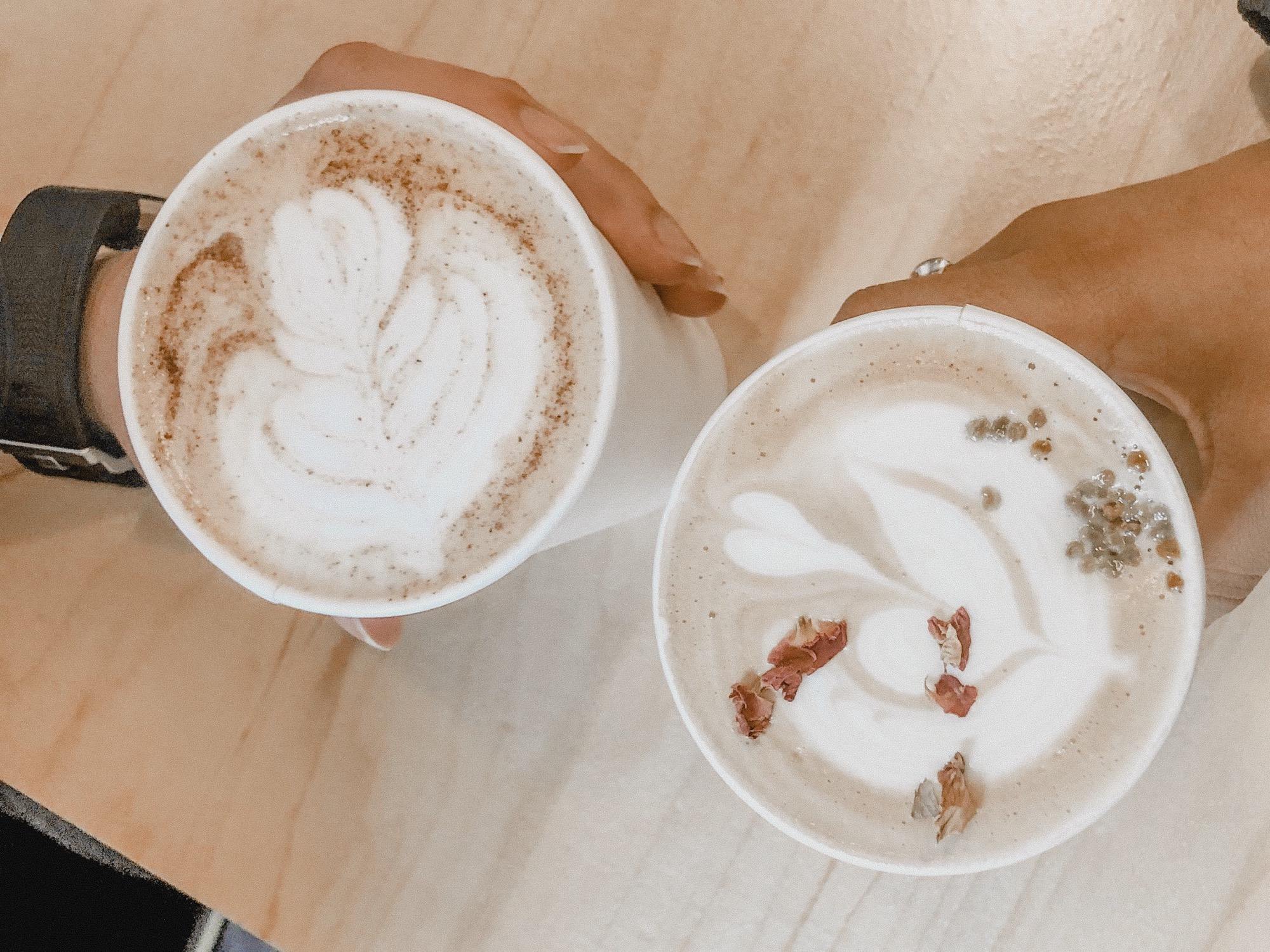
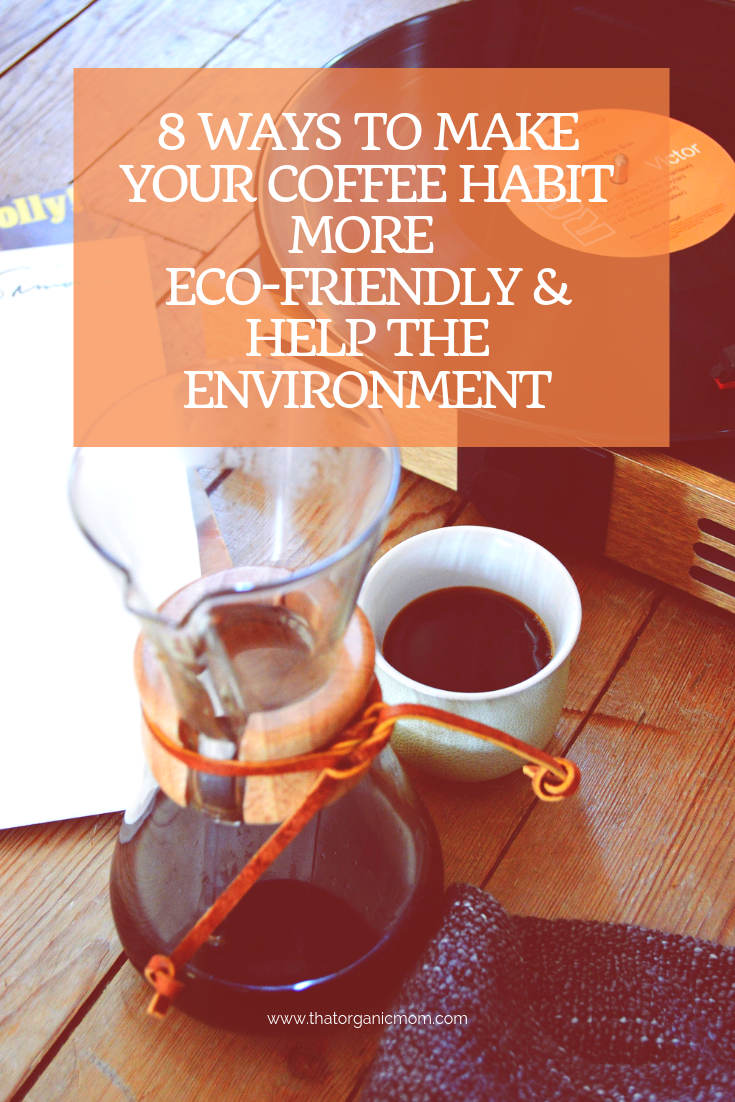
 Beginner’s Guide to CBD oil and other CBD products
Beginner’s Guide to CBD oil and other CBD products
Leave a Reply
You must be logged in to post a comment.